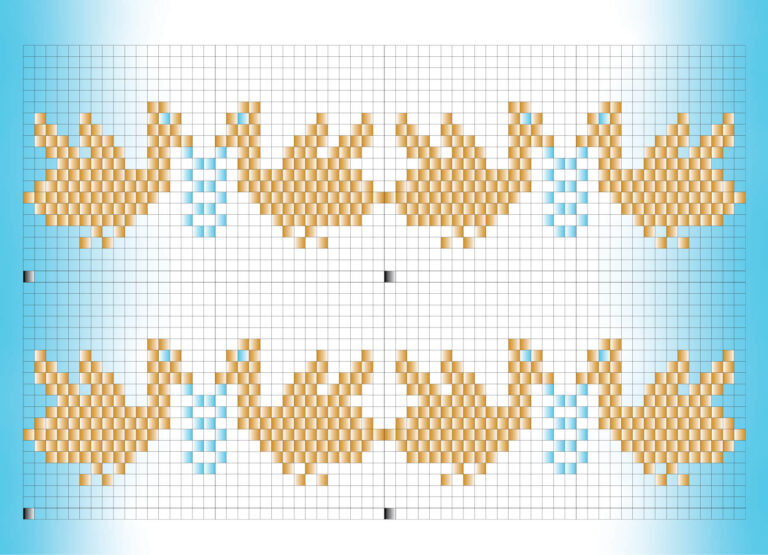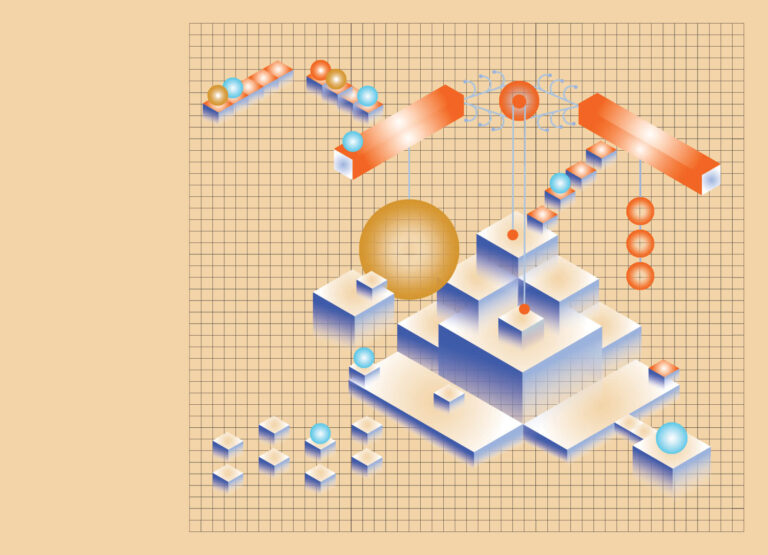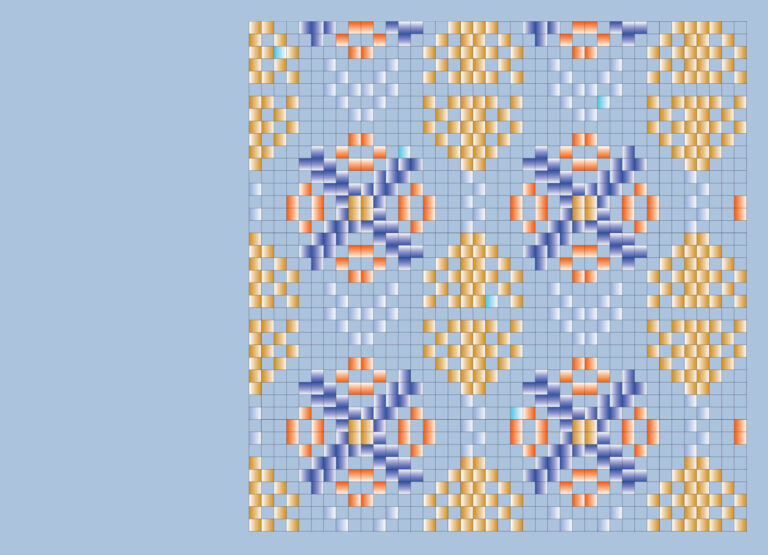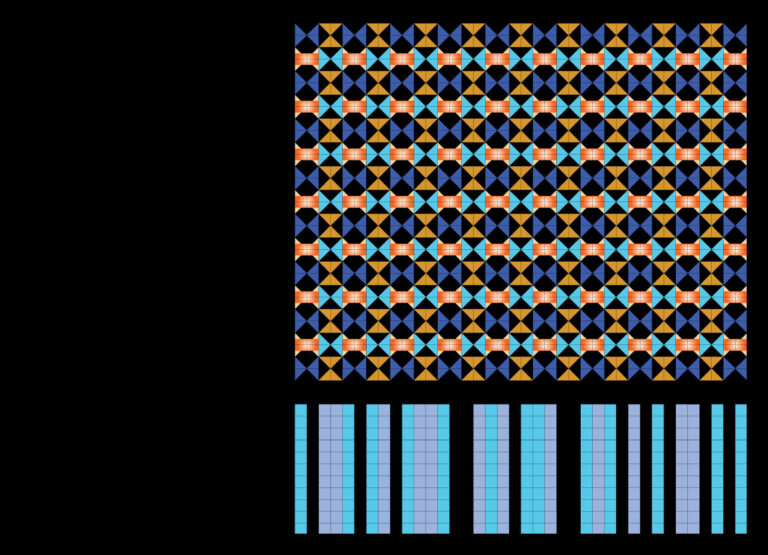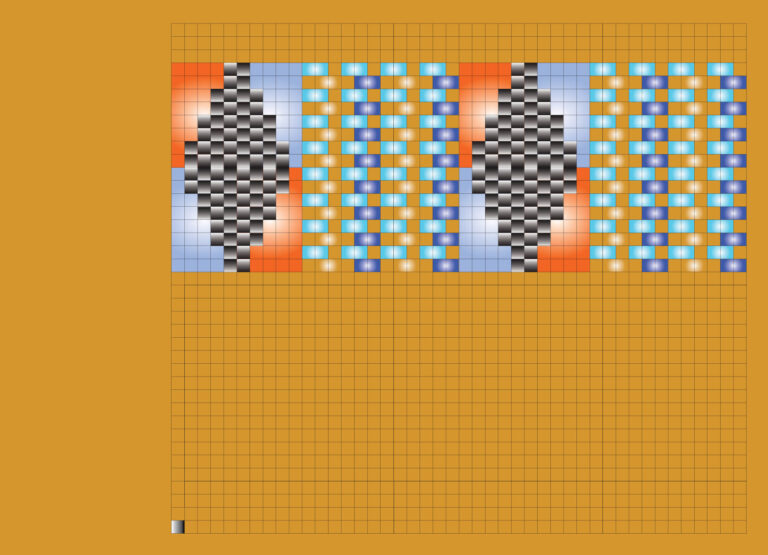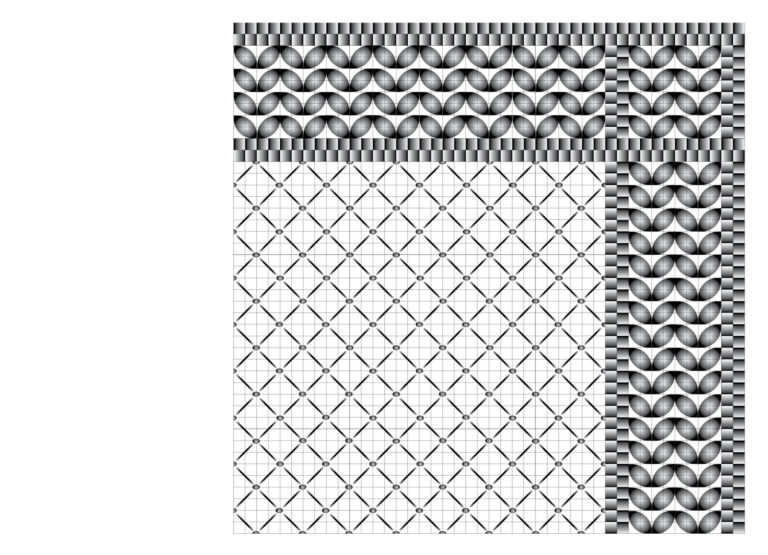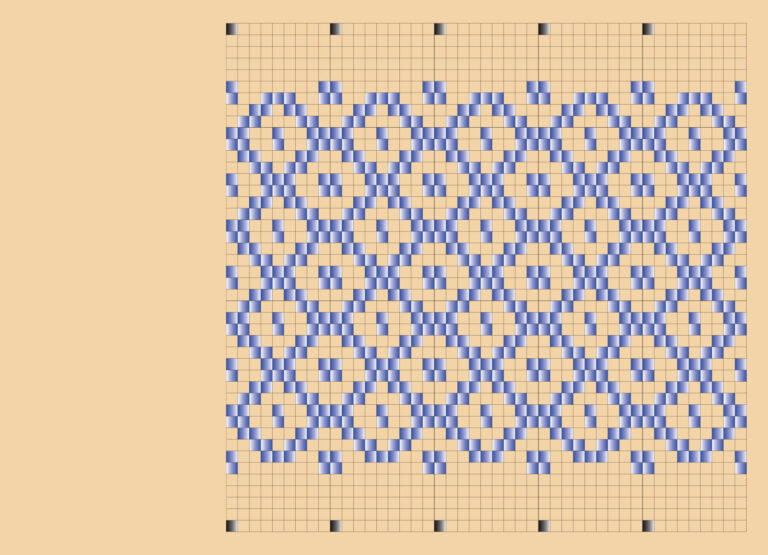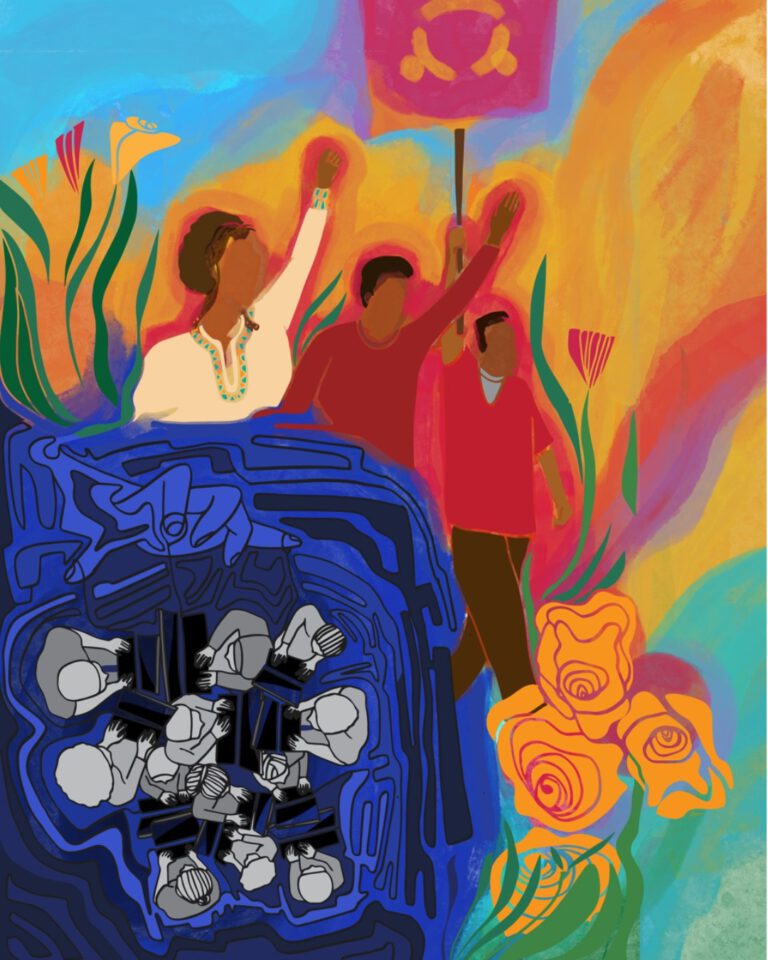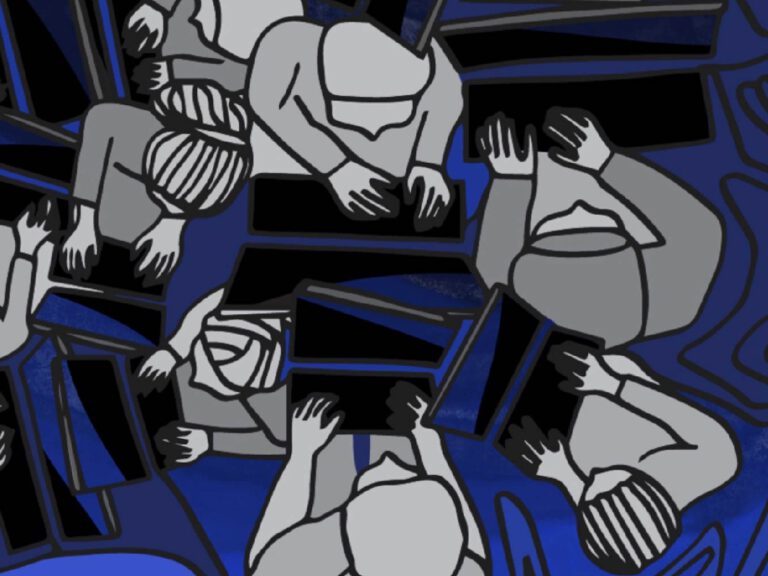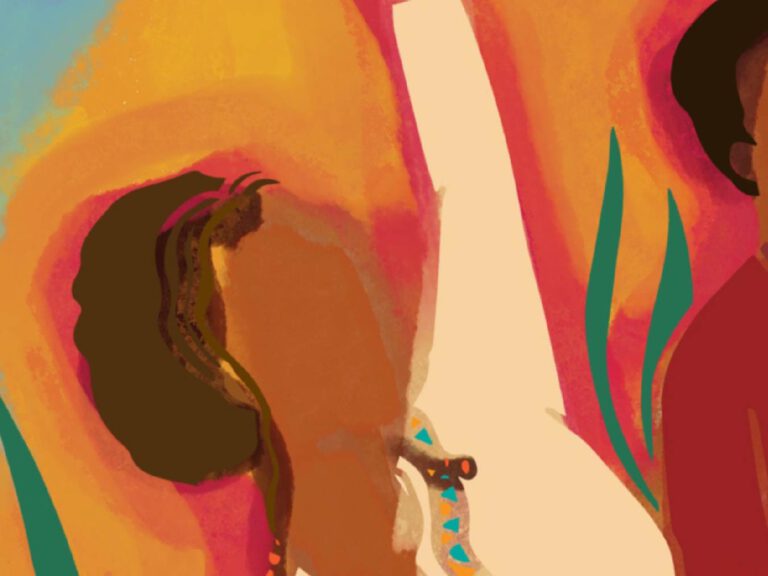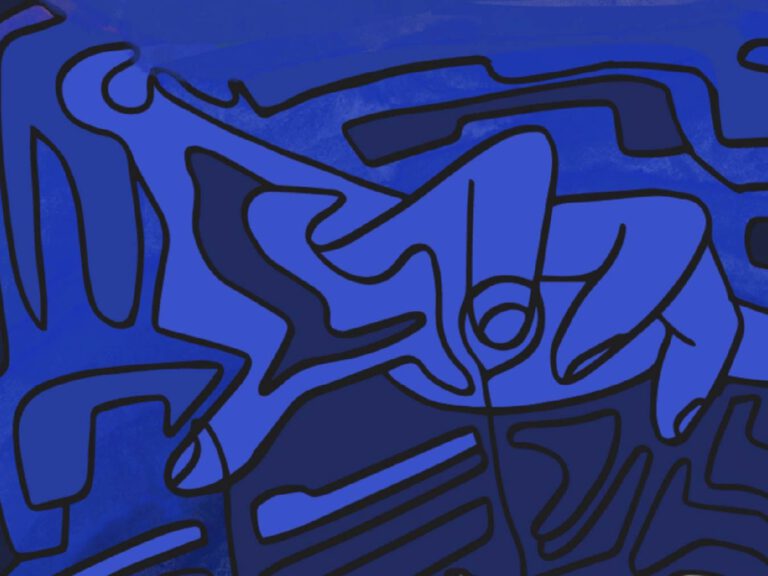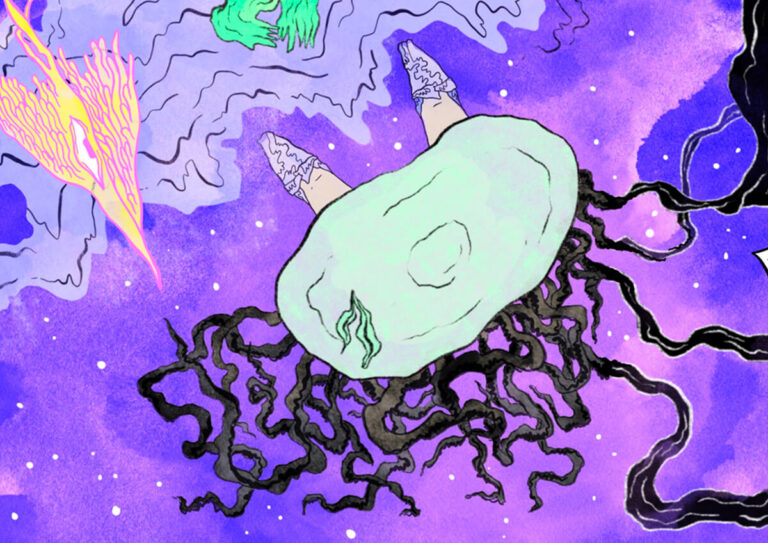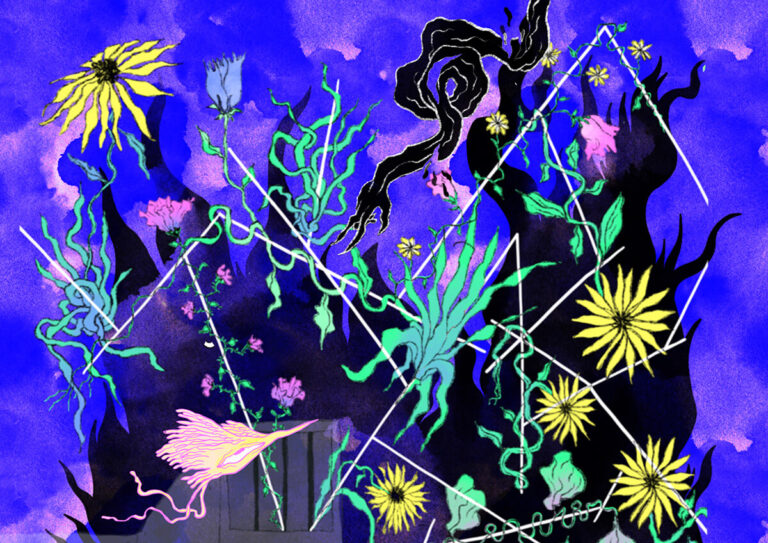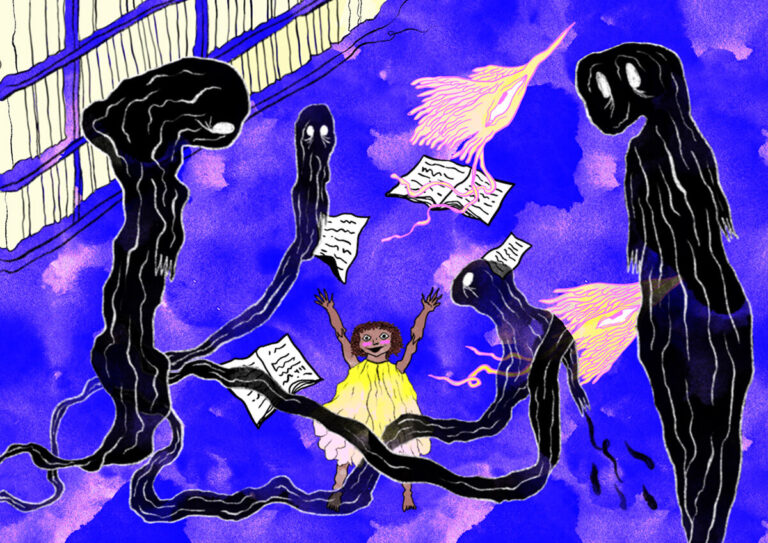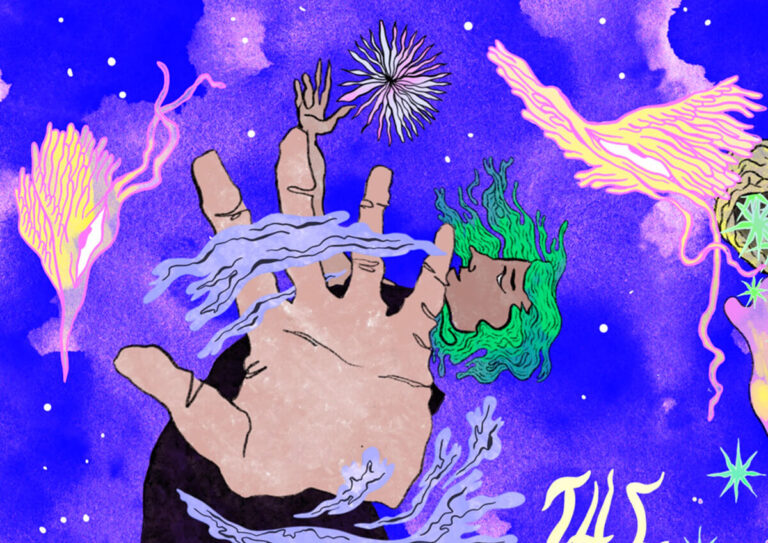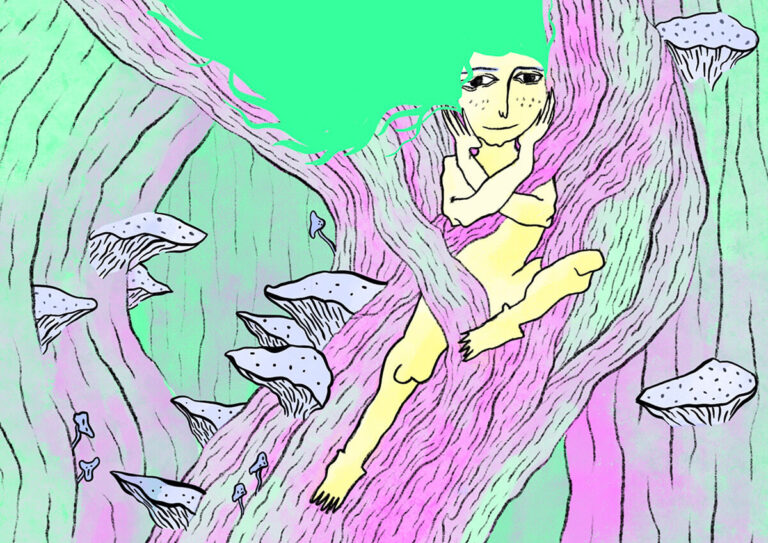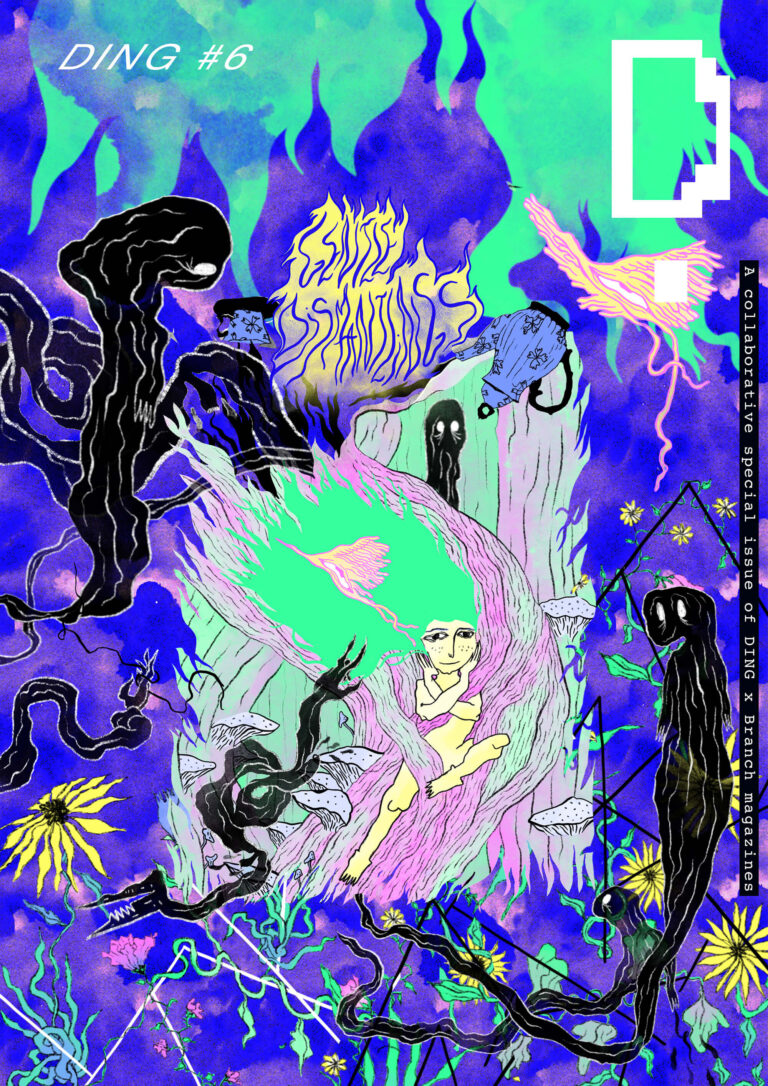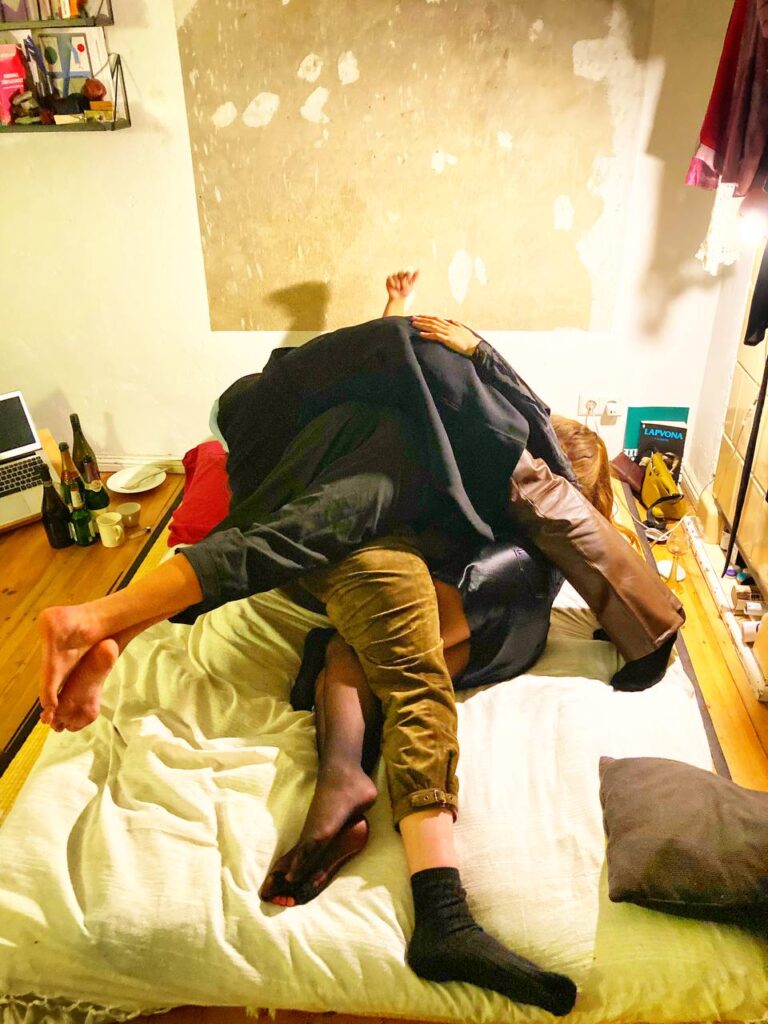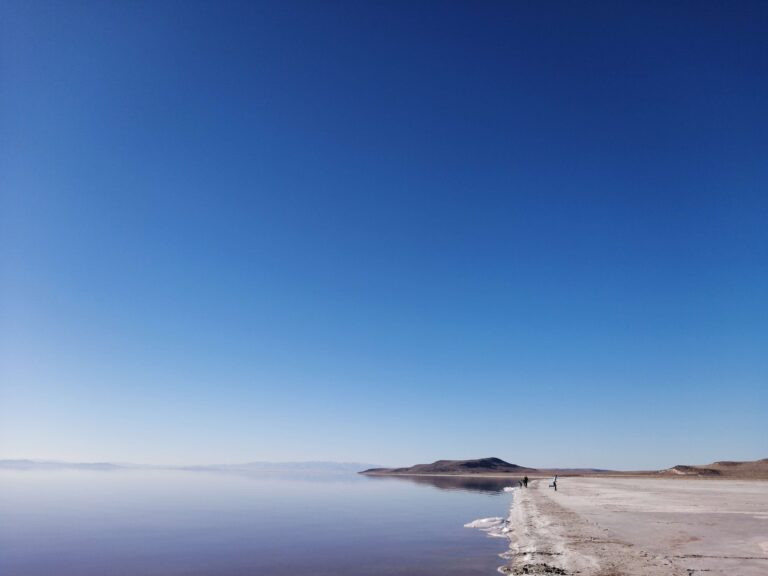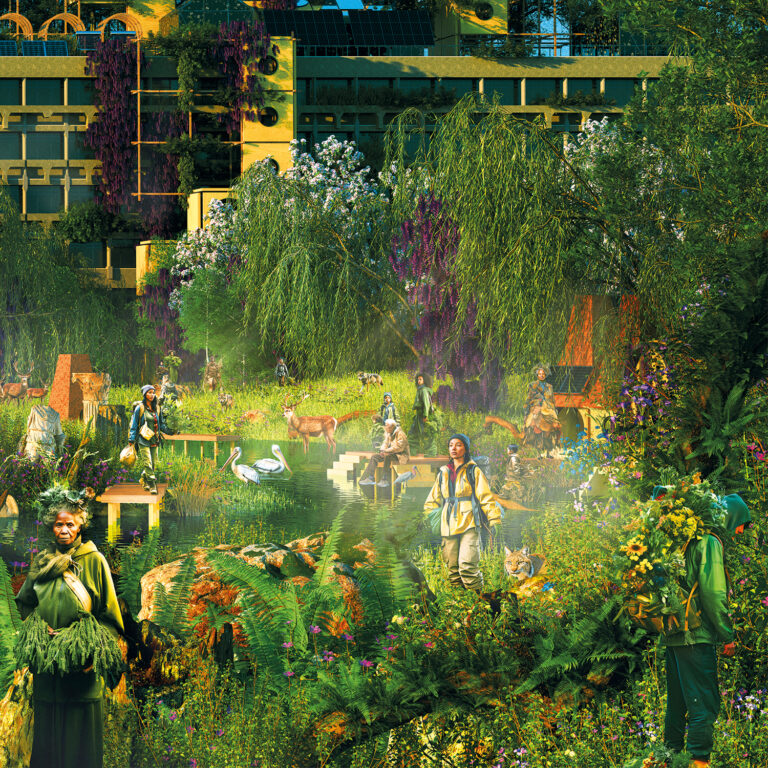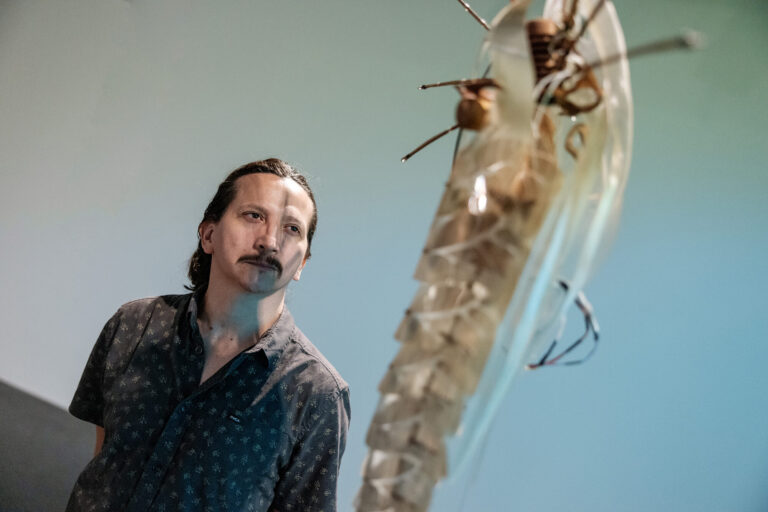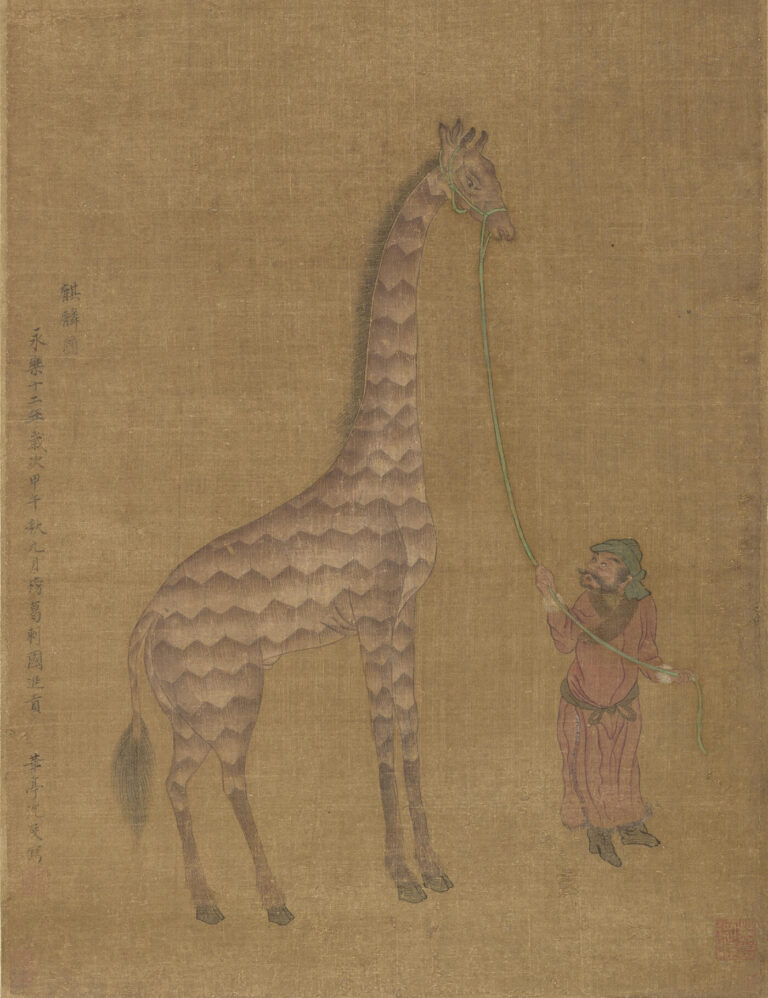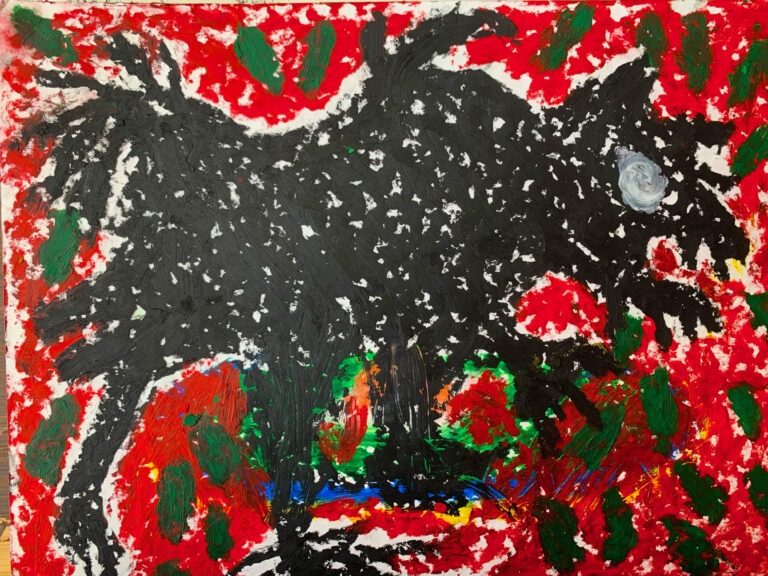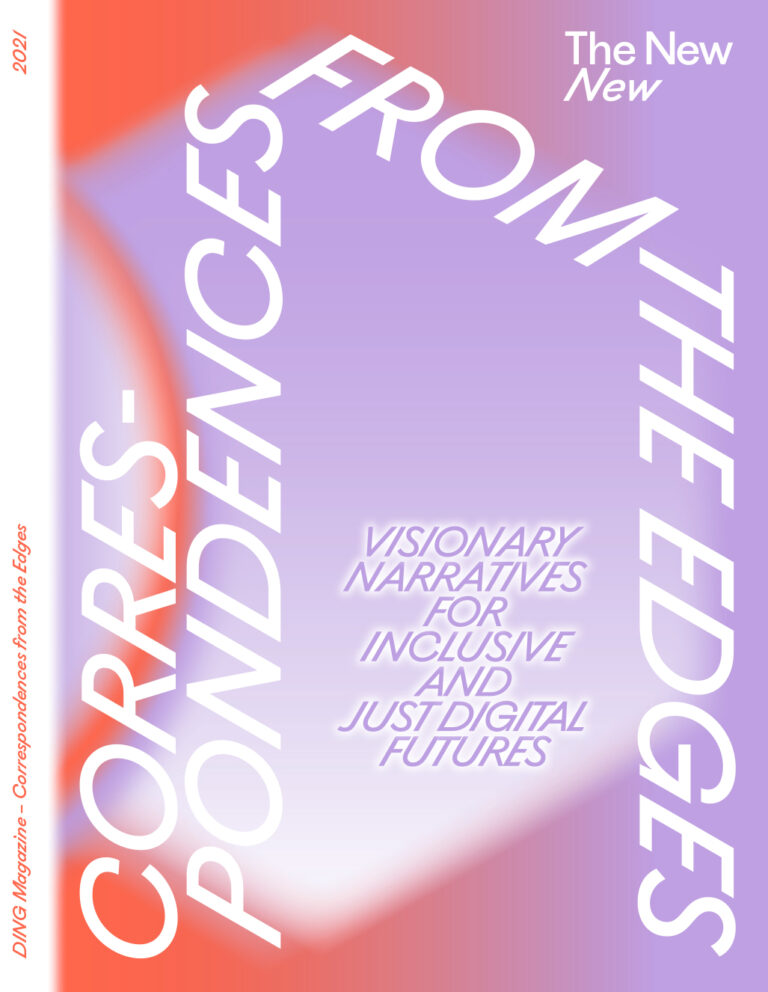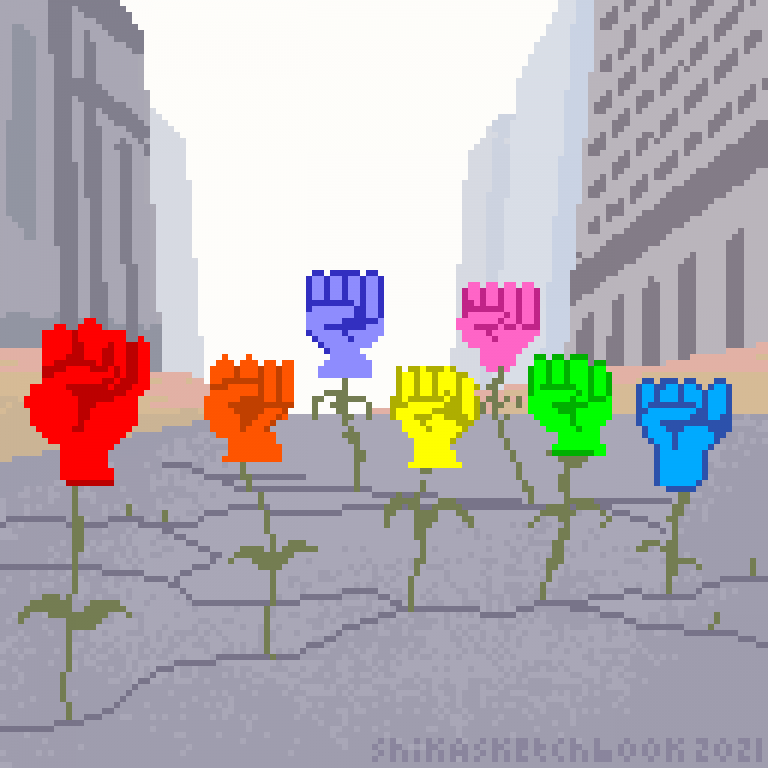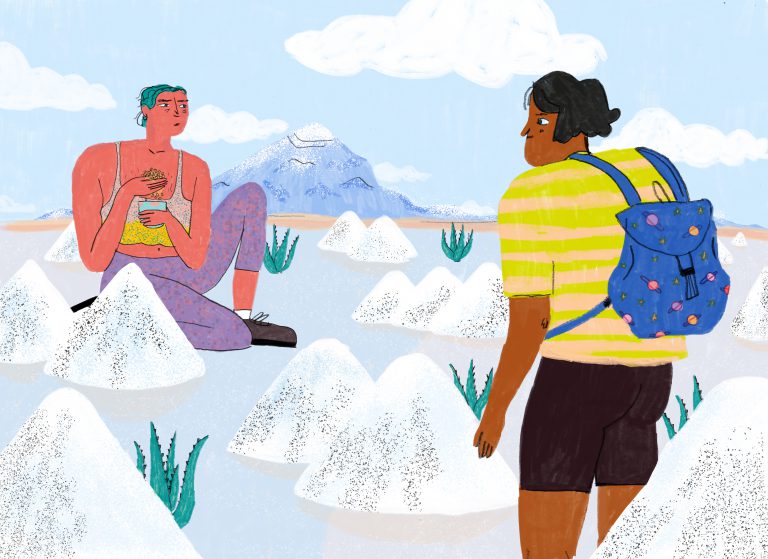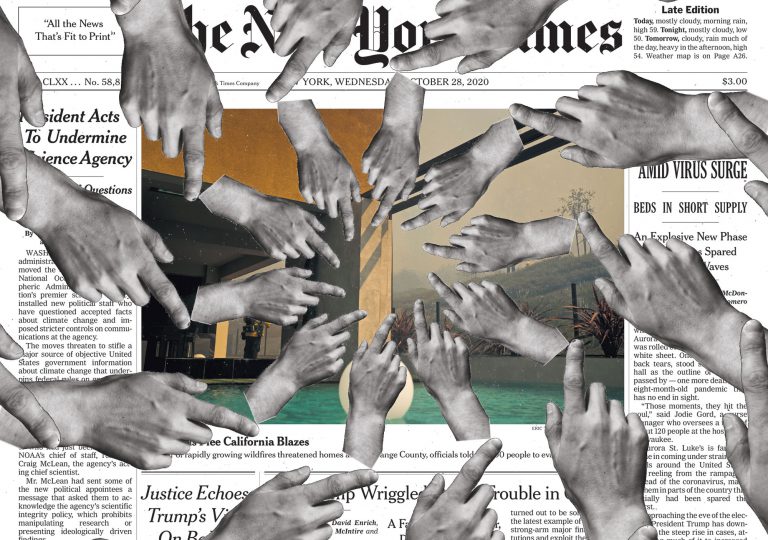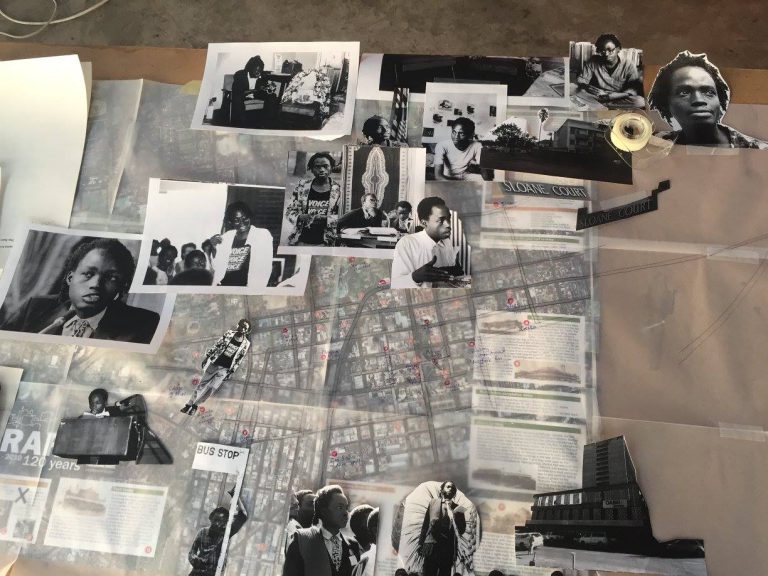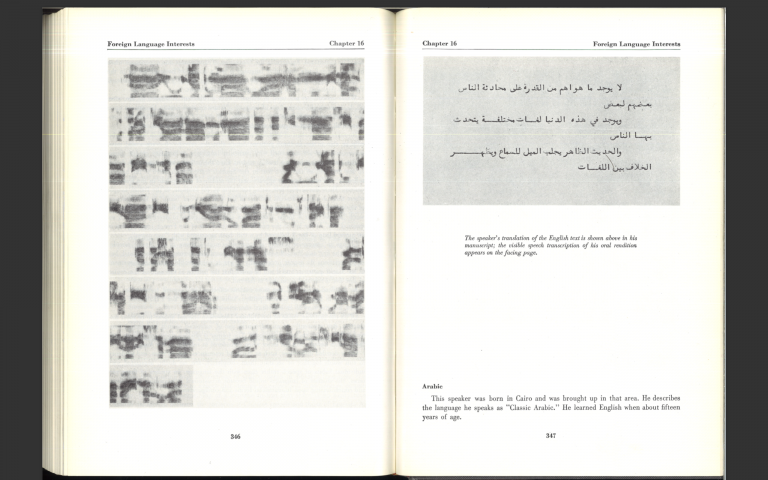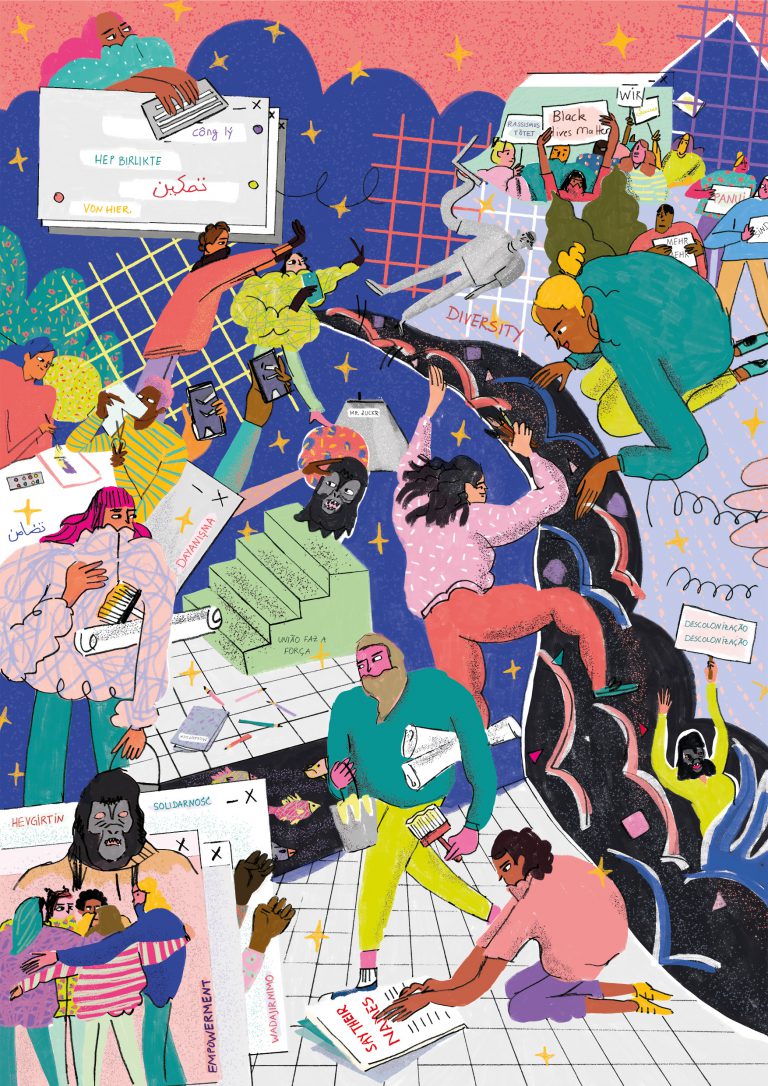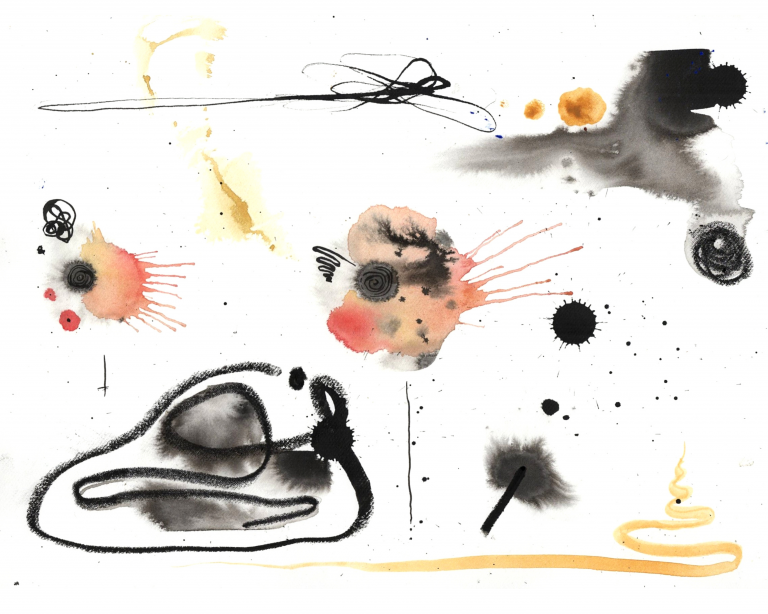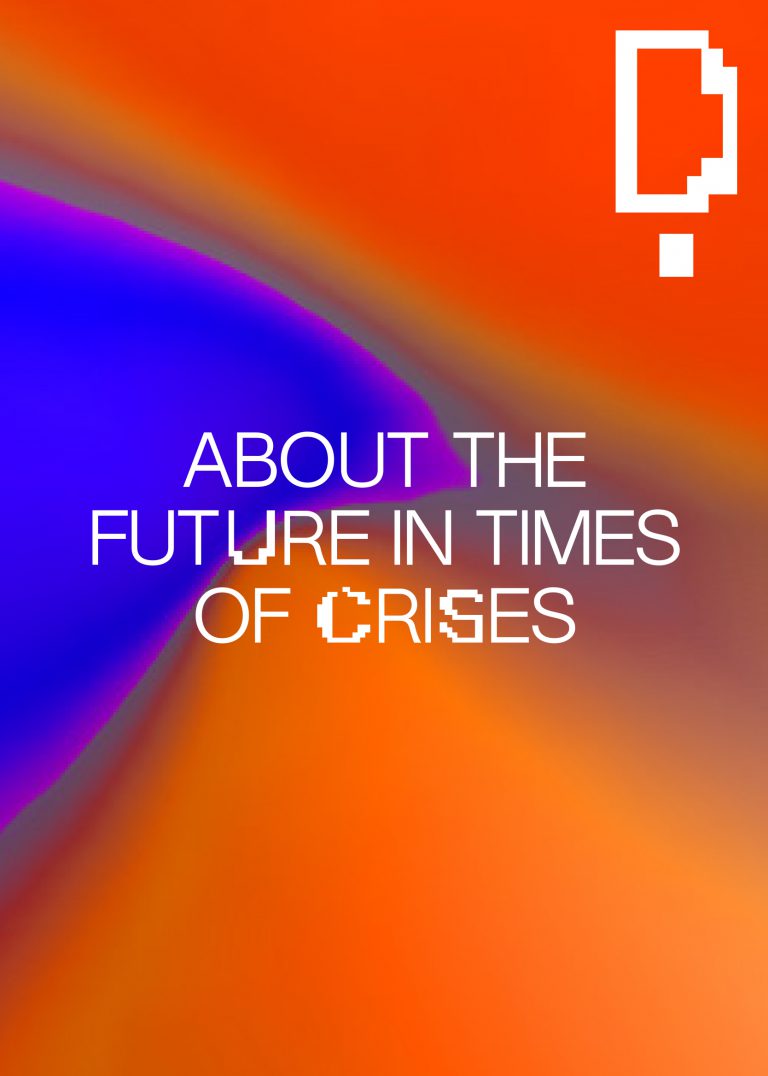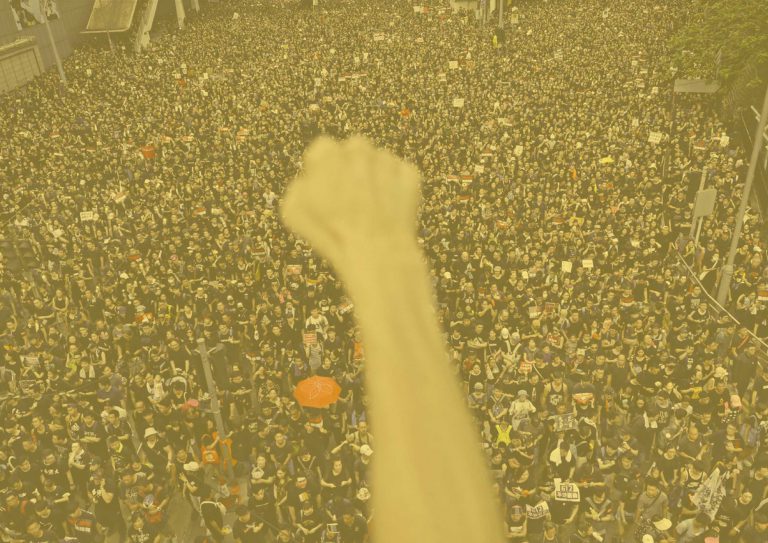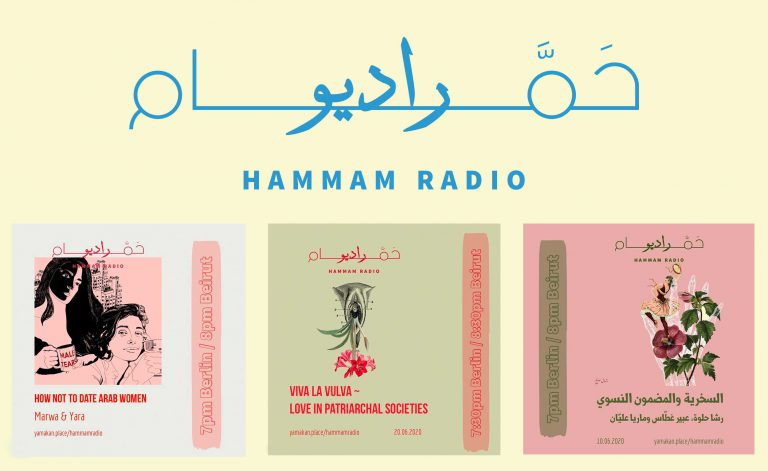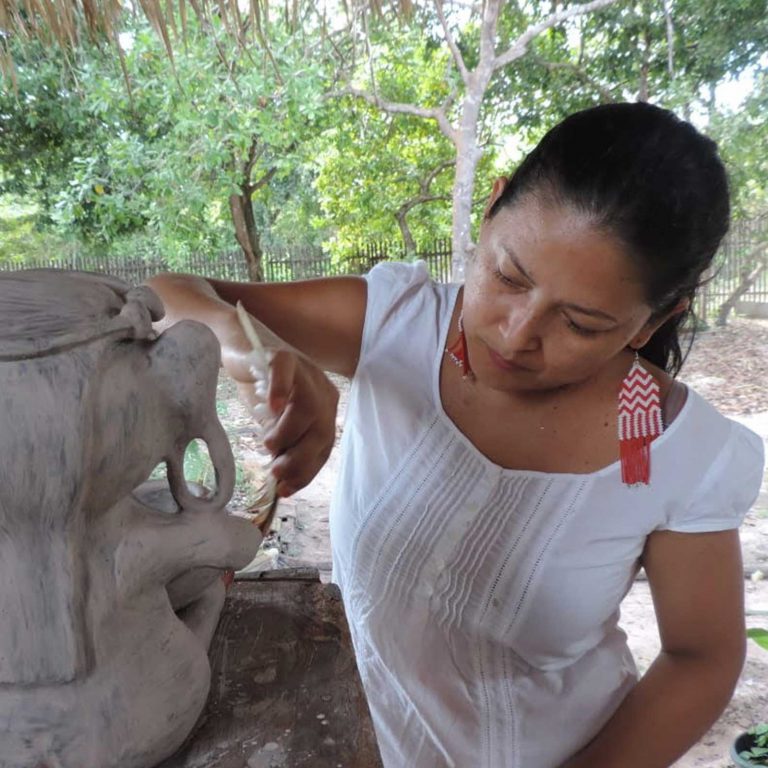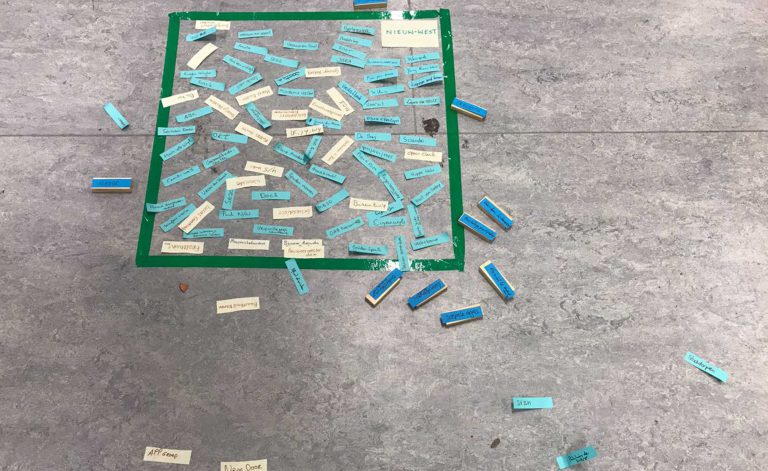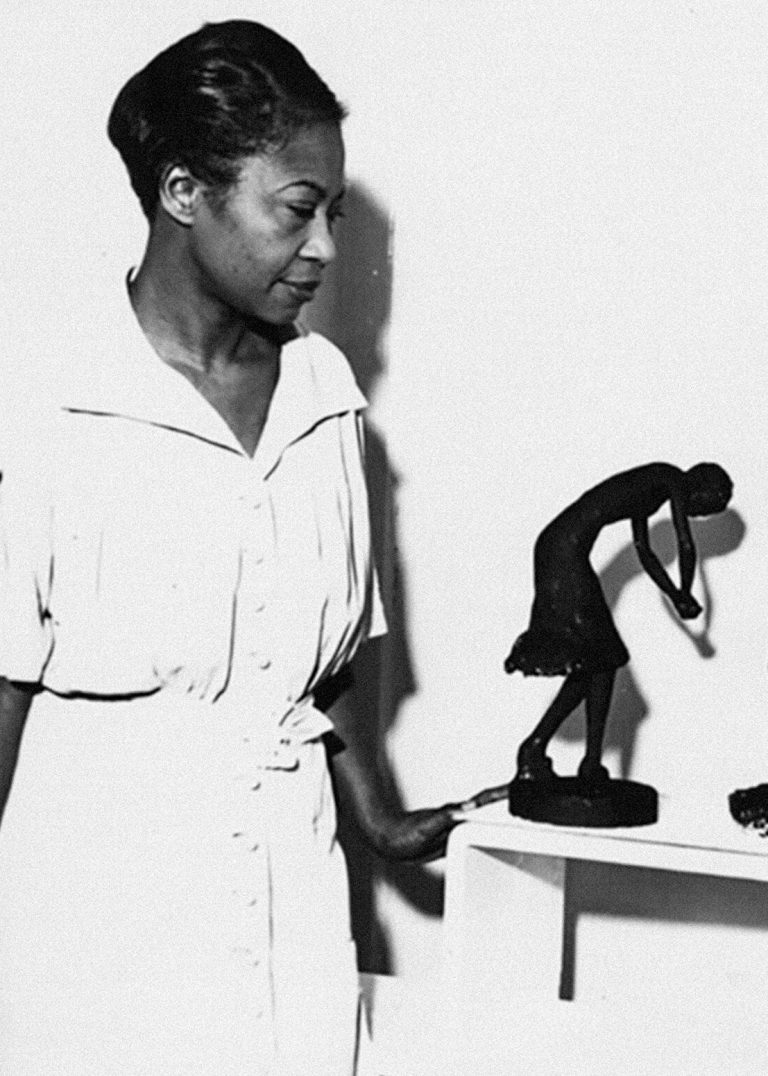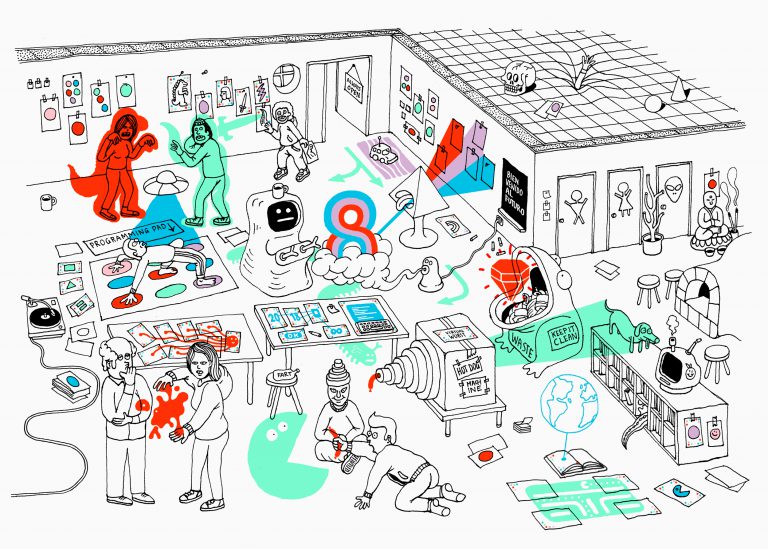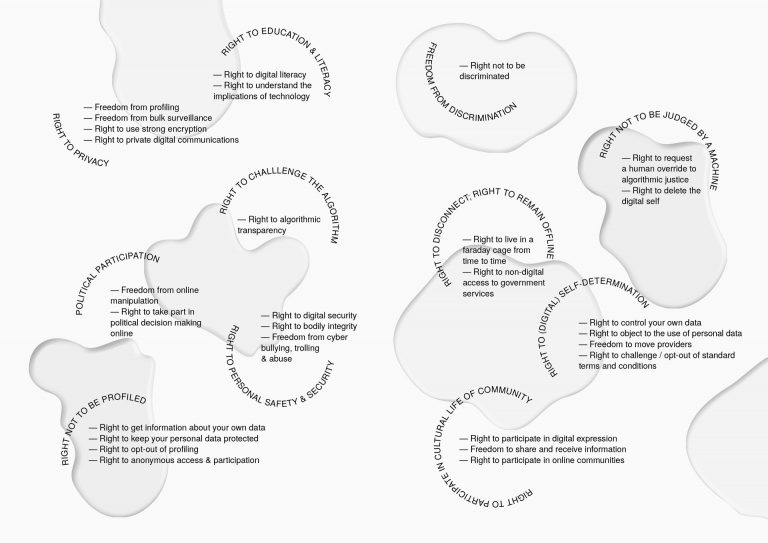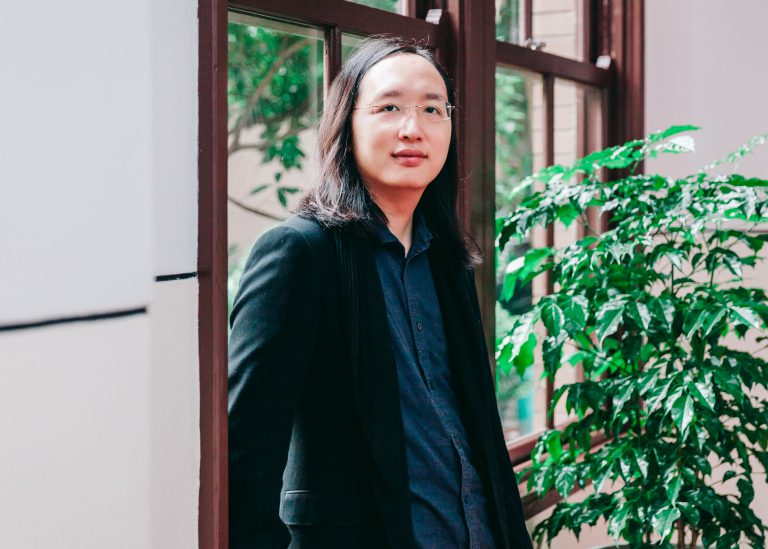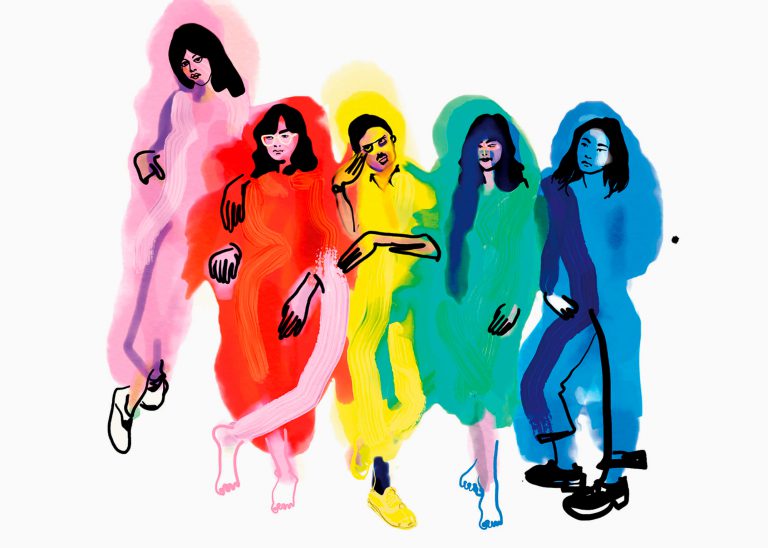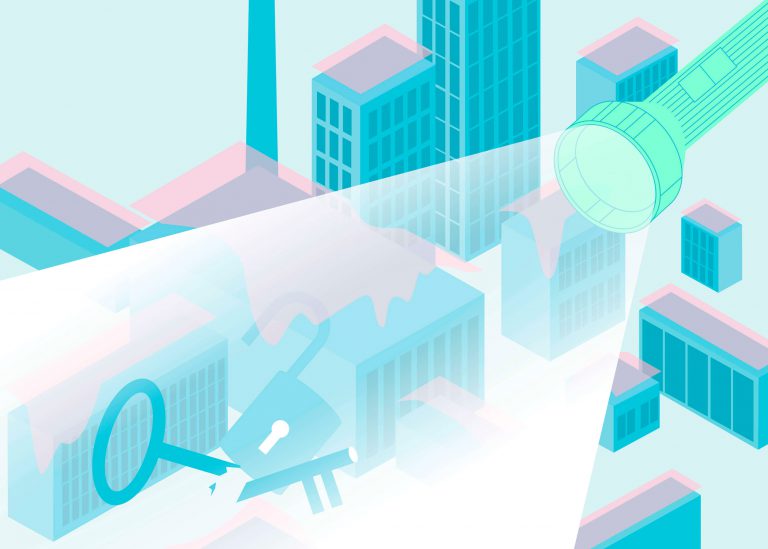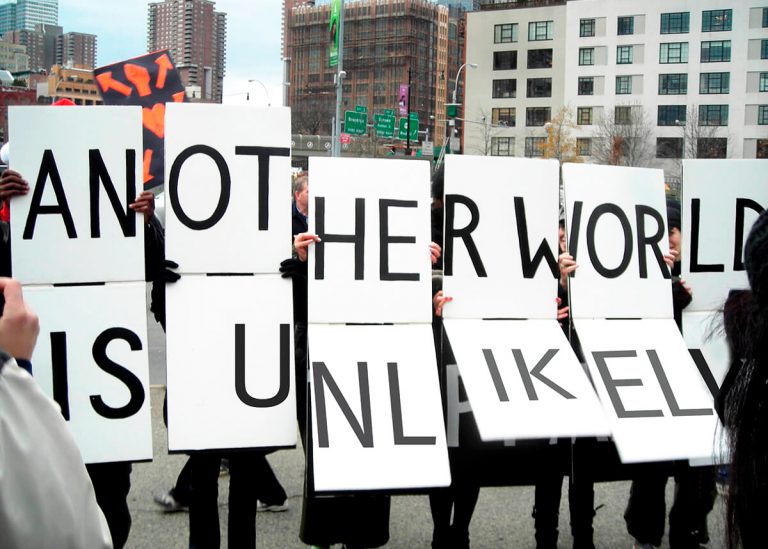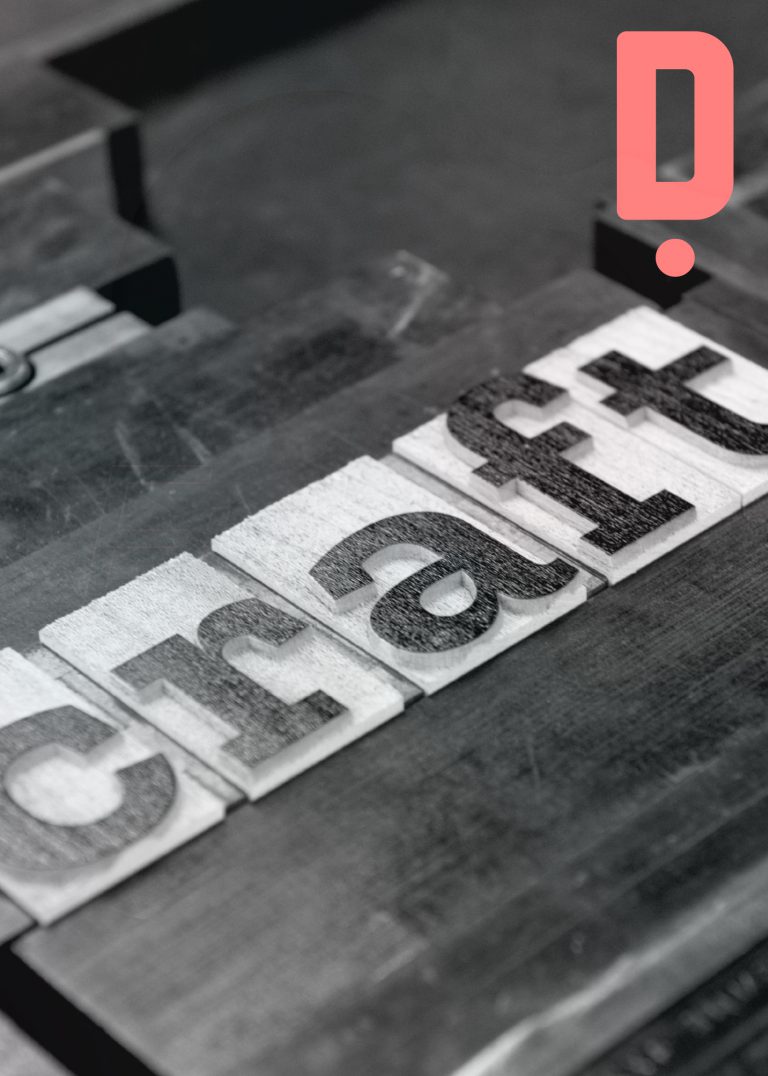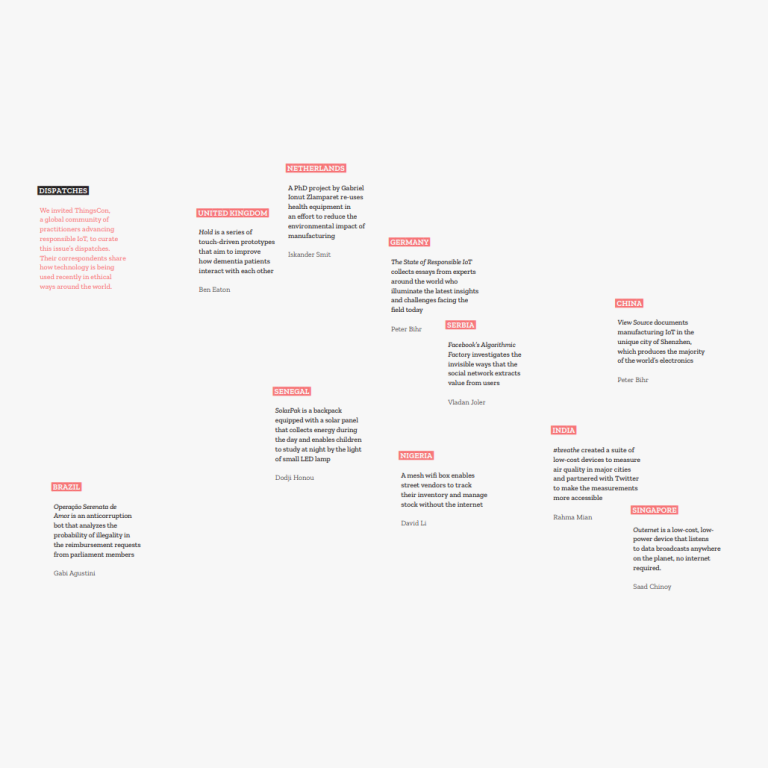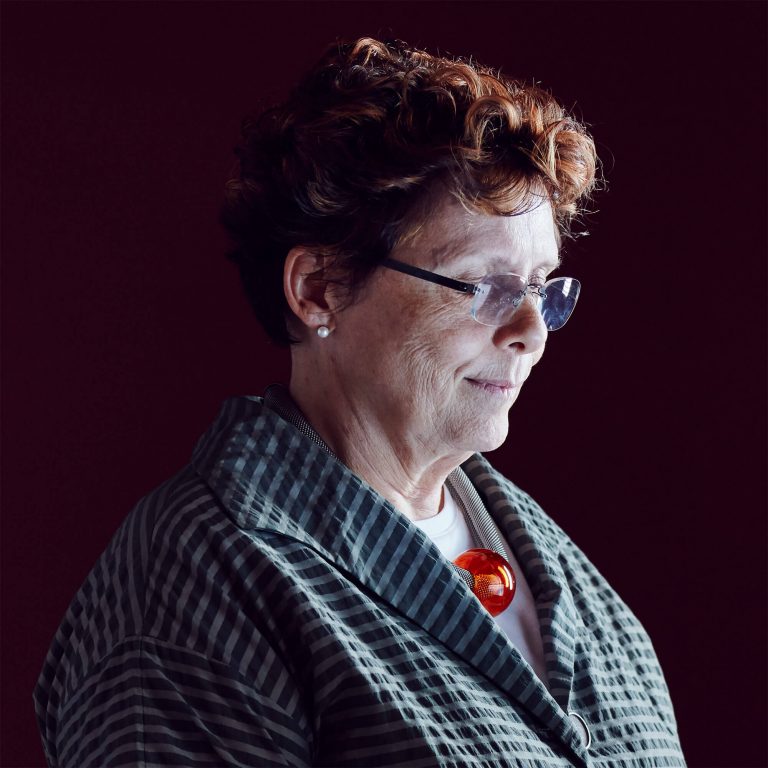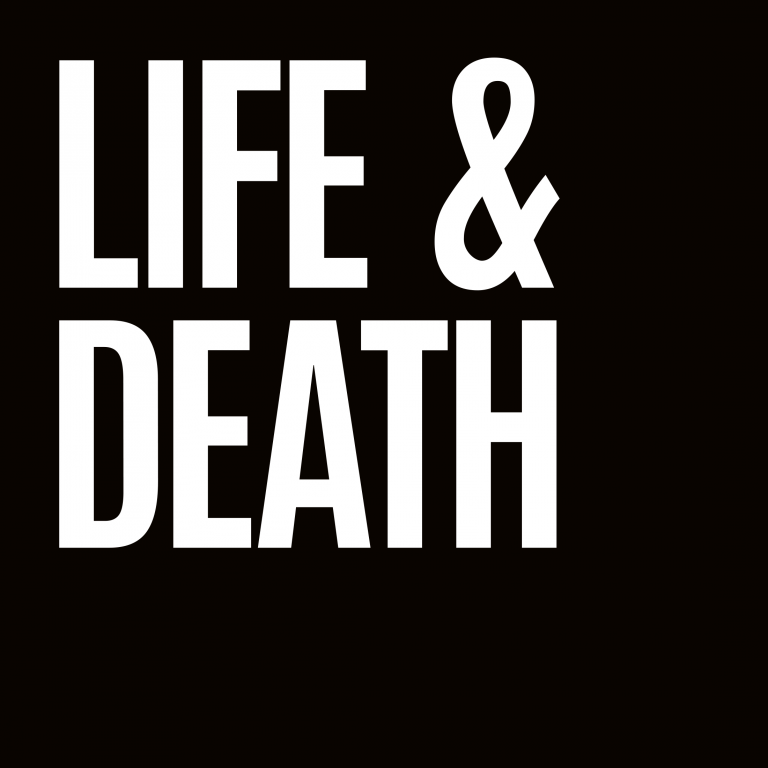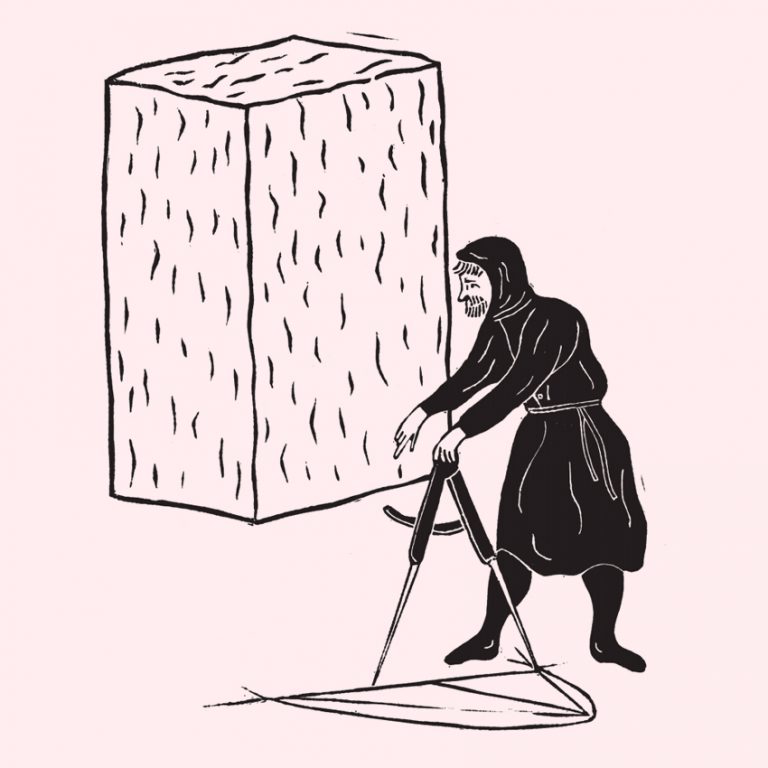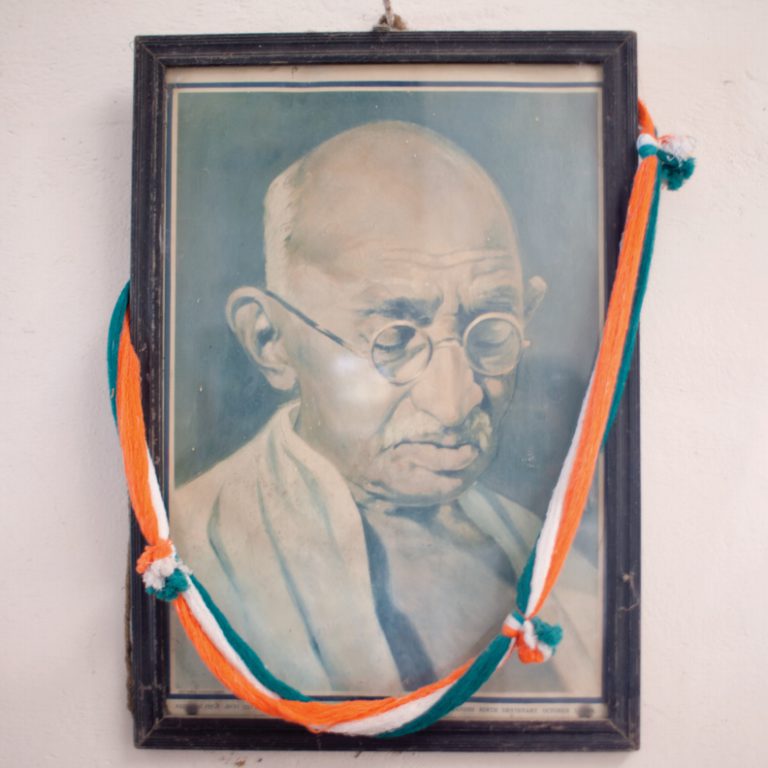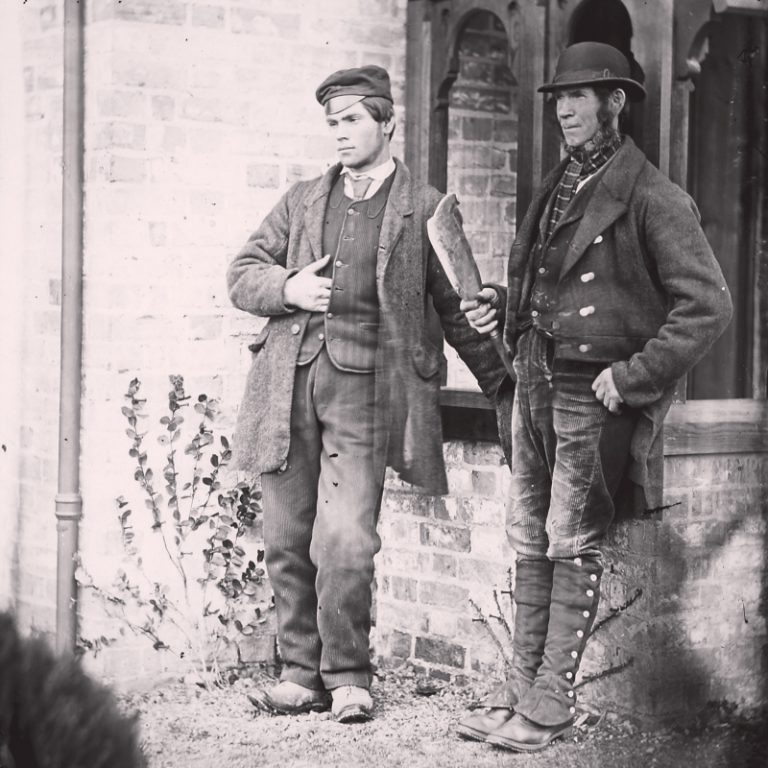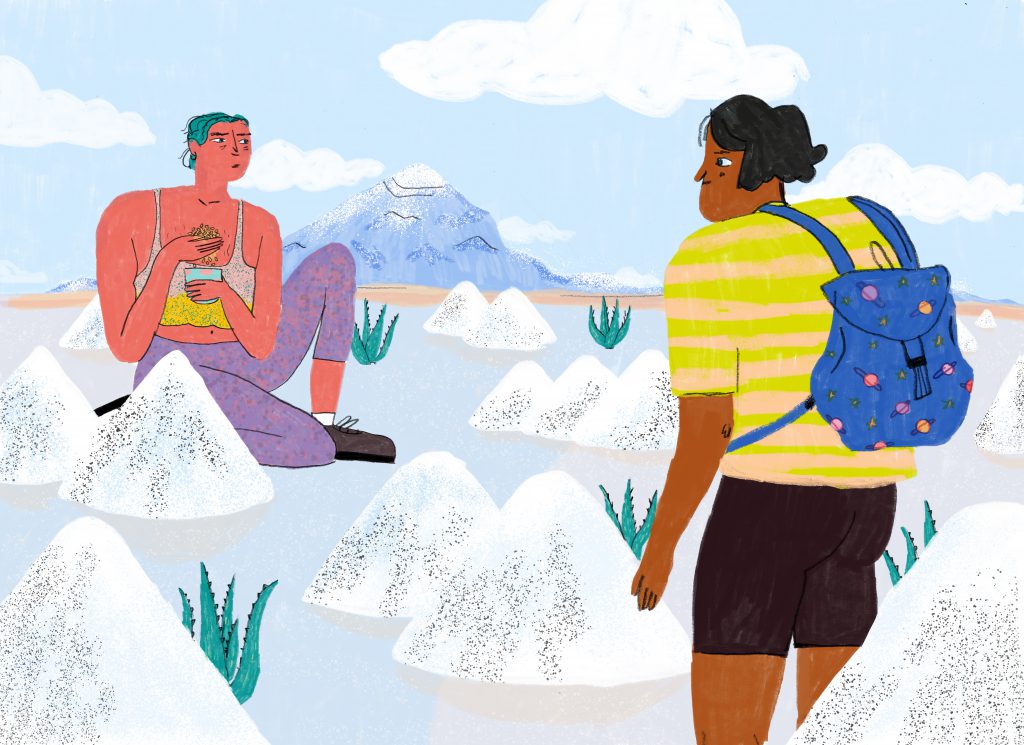
adrienne maree brown já descreveu anteriormente como fragmentar é uma das maiores armas para manter opressões.²
Guardemos isso, que também nos direciona a pensar uma palavra que faz parte das entranhas do imaginário ocidental: progresso.
Magnatas precisam, afinal, inventar fragilidades, para que possam ser preenchidas com soluções em formas de business.
E ela diz “o tempo que você diz que não tem, que você acha que não tem”. Ela fala de um corpo domesticado, obediente, submisso à produtividade. E deixa evidente que há outras formas de viver, inclusive tratadas como pobreza e que podem na verdade trazer o que ela chama de “sossego material”. Nem todos os corpos fazem parte da lógica dominante, simples assim. E, ao mesmo tempo, nada simples.
, em que ela fala sobre criar uma ideia comum. De novo a obsessão da linearidade.
Quem é esse “nós”, preso em um tempo acelerado, direcionado ao futuro?
Imaginar e sentir têm rastro na estrutura concreta das nossas formas de existência.
. O líder Indígena Ailton Krenak tem repetido a mesma premissa.⁸
E há diversas mulheres pensadoras que têm disputado esses sentidos, como Sueli Carneiro, Célia Xakriabá, Silvia Cusicanqui, apresentando caminhos que não cabem em concepções pragmáticas únicas de decolonialidade.
E há várias ameaças de mais remoções por diferentes formas de gentrificação. A sabedoria popular e o direito ao território, lado a lado, sem separação, lutando para existir. E eis que em Kreuzberg, em Berlim, em um mercado orgânico parte de uma grande cadeia de distribuição de alimentos, vejo escrito um dia “futuro da medicina”, apontando para o local onde se pode comprar uma folha enorme de babosa para propósitos medicinais. De um lado do mundo se despossui, de outro se apresenta como uma novidade. Futuro?
2. Original no blog dela: https://adriennemareebrown.net/
4. Coluna de Naine Terena: https://www.itaucultural.org.br/secoes/colunistas/corpos-doceis
7. Texto na íntegra em: https://diplomatique.org.br/o-futuro-e-ancestral/
Oats, spaceships, an aloe leaf, a pelvis: I went to collect parts of the future and decided to turn around
Translation by Alex Brostoff
Let’s linger on this, for it also orients us toward thinking through a word that is part of the depths of the Western imaginary: progress.
After all, business magnates need to invent issues that can be solved by their own corporate models.
She writes of “the time you say you don’t have, that you think you don’t have.” She speaks of an obedient, submissive body, a body operating in the service of productivity. She makes it clear that there are other ways of living, including those considered depraved. Such ways of living can actually bring about what she calls “material rest.” Not all bodies are part of the dominant logic; it’s as simple as that. And it’s also not simple at all.
Imagining and feeling are embedded in the concrete structure of our forms of existence.
In the speech, Merkel talks about creating a common idea of the future. Again, this obsession with linearity and progress.
Who is this “we” trapped in an accelerated, future-oriented time?
wisdom. She asks, “Where do our ancestors live on? How can humanity be reconfigured from an ancestral perspective?”⁸
Indigenous leader Ailton Krenak has been thinking through this same premise,⁹
and diverse female thinkers, such as Sueli Carneiro, Célia Xakriabá, Silvia Cusicanqui, have discussed these ideas. They have forged paths that do not fit into conceptions of decolonial praxis.
And different forms of gentrification threaten far further displacement. Popular wisdom and land rights, under the same roof, without separate space, struggle to survive. One day, here in Kreuzberg, in Berlin, in an organic market that is part of a large food distribution chain, I see a sign for “the future of medicine,” pointing to a place where you can buy a huge aloe leaf for medicinal purposes. On one side of the world, traditional ecological knowledge is displaced, on the other it is presented as novelty. The future?
2. For more, see Adrienne Maree Brown’s blog: https://adriennemareebrown.net/
7. The word quilombola refers to Afro-Brazilian residents of quilombo settlements (first established by people who escaped enslavement in Brazil) as well as to their cultural practices under colonial rule. In Brazil, elements of this racial persecution persist today in various forms.
8. For the full text, see: https://diplomatique.org.br/o-futuro-e-ancestral/
